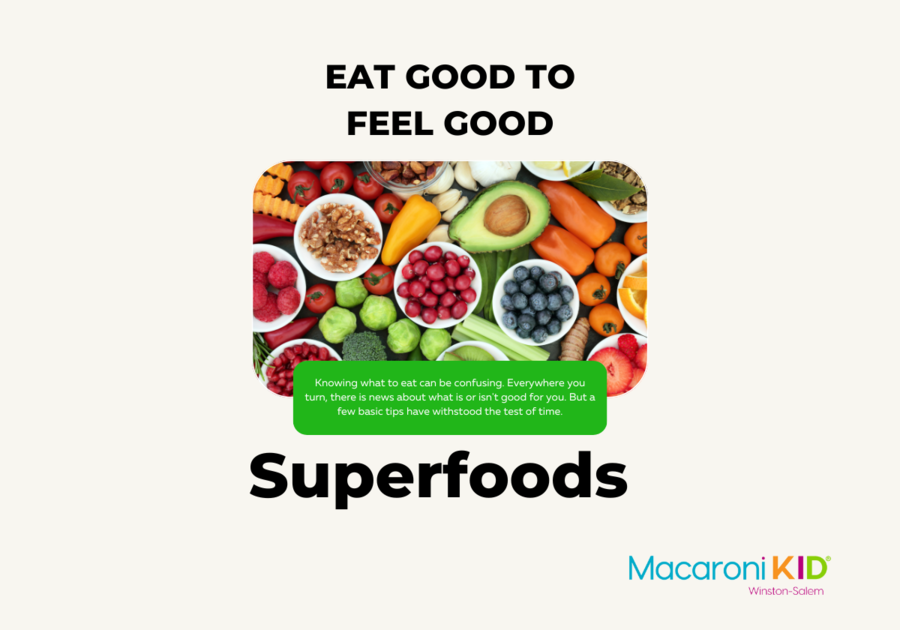"Superfoods" is a marketing term used to describe foods that are nutrient-dense and believed to have health benefits due to their high concentration of vitamins, minerals, antioxidants, and other beneficial compounds. These foods are often considered to be particularly good for one's health and well-being. It's important to note that while some superfoods have scientific backing for their health benefits, the term itself is not a scientific classification.
Common examples of foods often labeled as superfoods include:
- Berries: Blueberries, strawberries, and other berries are rich in antioxidants, vitamins, and fiber.
- Leafy greens: Spinach, kale, and other dark leafy greens are packed with vitamins, minerals, and fiber.
- Nuts and seeds: Almonds, walnuts, chia seeds, and flaxseeds are sources of healthy fats, protein, and various nutrients.
- Fatty fish: Salmon, mackerel, and other fatty fish are high in omega-3 fatty acids, which are beneficial for heart health.
- Whole grains: Quinoa, oats, and brown rice are examples of whole grains that provide fiber, vitamins, and minerals.
- Turmeric: This spice contains curcumin, a compound with anti-inflammatory and antioxidant properties.
- Green tea: Known for its high concentration of antioxidants, green tea is associated with various health benefits.
The benefits of consuming superfoods include:
- Nutrient density: Superfoods often contain a higher concentration of essential nutrients compared to other foods, providing a more efficient way to meet your nutritional needs.
- Antioxidants: Many superfoods are rich in antioxidants, which help neutralize free radicals in the body, potentially reducing the risk of chronic diseases and supporting overall health.
- Anti-inflammatory properties: Some superfoods, such as turmeric and fatty fish, have anti-inflammatory effects that may contribute to reducing inflammation in the body.
- Heart health: Certain superfoods, like fatty fish and nuts, are associated with cardiovascular benefits, including improved cholesterol levels and heart health.
- Weight management: The high fiber content in many superfoods can contribute to satiety and aid in weight management by promoting a feeling of fullness.
It's important to note that a balanced and varied diet is key to overall health. While incorporating superfoods into your diet can be beneficial, relying solely on specific foods may not provide all the nutrients your body needs. Additionally, individual dietary needs can vary, so it's advisable to consult with a healthcare professional or a registered dietitian for personalized nutritional advice.









